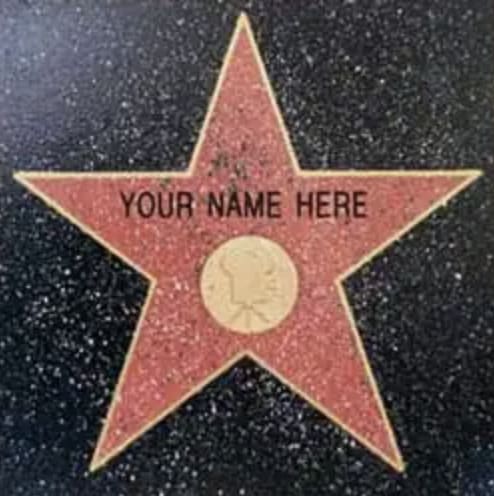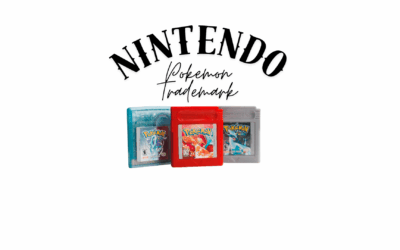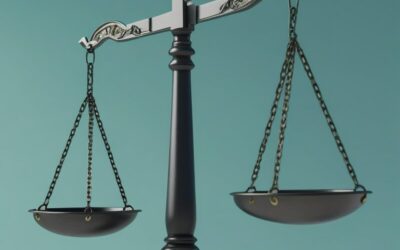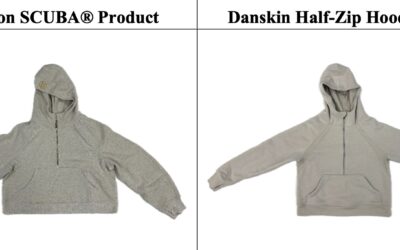We all have that friend – or many friends – that have done “some modeling.”
Let’s say your friend did in fact sit in on a photo shoot or two for a new toe ring company modeling their tasteful toe rings. Ten years later, your friend finds out that their photos are being shared on an OnlyFans page for foot fetishists. The copyrights for the images are held by the photographer, not the models, and the photographer has no interest in taking the photos down. A week later, your friend finds other images that have altered the original photographs to place your friend in much more suggestive circumstances. Would your friend have any remedy to their picture off the web?
If your friend is a celebrity, they would be much more likely to have a claim against the person posting the photos based on their right of privacy or right of publicity. The Court of Appeals for the Federal Circuit is about to decide how far the right of privacy and the right of publicity extend to non-celebrities.
The pending case of Gibson v. RPS Holdings LLC, 5:21-cv-00416 (E.D.N.C. 2023) involves the Capital Cabaret – a strip club between Raleigh & Durham, North Carolina – allegedly using the images of a set of thirteen different professional models to advertise for the club. Apparently, the club obtained photos of the models; and then edited them into advertisements for publication on various online media.
The strip club asserts that the intent of using the models’ respective images was simply to provide a provocative image – not to indicate that these particular models support the club. The Lanham Act provides a cause of action for false advertising and false association, but the claim is usually based on a company using the name, image, or likeness of a famous person to associate whatever fame the person has with the goods or services of the company improperly using the image. Essentially, a company will try to gain influence by pretending to be endorsed or associated with a high-status person (i.e., an actor, sports star, or Kardashian). This case will determine whether a normal, functionally anonymous person can protect their name, image, or likeness from being associated with a lower status enterprise (i.e., a company involved in work that is seen as immoral, a disgraced entity, or a Kardashian).
To avoid any issues, make sure any images you use in connection with your business are properly licensed and use them in the way they are intended to be used.
Happy Valentines’ Day!!
Nintendo Jigglypuff Trademark Battle: How a Gaming Giant Lost Rights to Its Own Pokémon Character
Nintendo’s $600 Mistake: How a Gaming Giant Lost Rights to Its Own Pokémon Character
In one of the most surprising trademark disputes of 2025, Nintendo found itself fighting to cancel a “JIGGLYPUFF” trademark registration—owned not by the gaming company, but by a Chinese jewelry business. Despite nearly three decades of using the beloved Pokémon character since 1996, Nintendo never filed a federal trademark application for Jigglypuff, allowing Yiwu FeiMeng Jewelry Company to secure the rights in 2022.
The Sonos v. Google Patent Wars: Federal Circuit Showdown
Federal Circuit oral arguments could reshape patent continuation strategy after judge controversially threw out $32.5M verdict over 13-year delay.
Lululemon vs. Costco: Athletic Wear Giant Alleges Unauthorized Product Sales
Lululemon has filed a comprehensive federal lawsuit against Costco, alleging the retail giant violated multiple...




